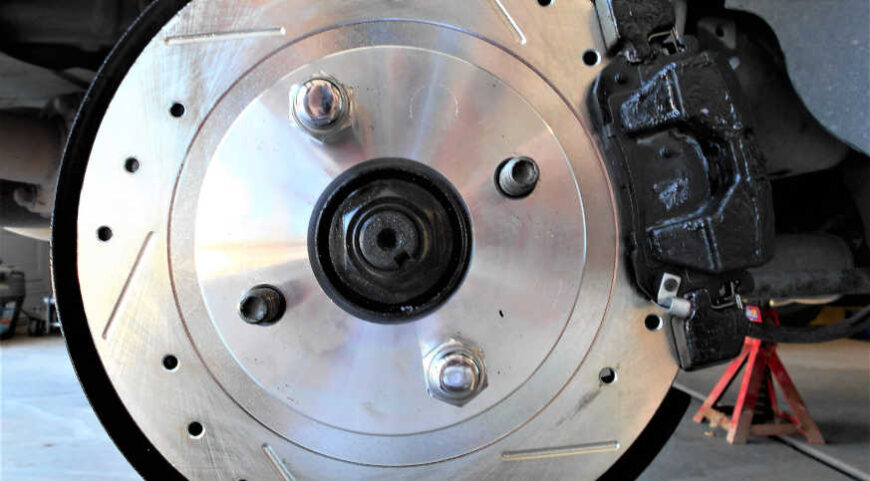Yes, Anti-lock Braking Systems (ABS) have become standard equipment on most modern vehicles. ABS is a crucial safety feature that helps prevent wheel lock-up during hard braking, allowing the driver to maintain steering control. Here are some key points about ABS and why it’s important:
Safety Enhancement: ABS significantly improves vehicle safety by preventing wheel lock-up during sudden or hard braking. This helps the driver maintain steering control, reducing the risk of skidding and collisions.
Shorter Stopping Distances: In many conditions, ABS can help reduce stopping distances, especially on slippery or uneven surfaces. By preventing wheel lock-up, ABS allows the tires to maintain better traction with the road.
Improved Vehicle Control: ABS helps maintain directional stability during emergency braking situations. This can be particularly beneficial in avoiding obstacles or other vehicles, as the driver can steer while applying maximum braking force.
Widespread Adoption: Due to its significant safety benefits, ABS has become a standard feature in most new vehicles. This widespread adoption is also driven by regulatory requirements in many countries, where ABS is mandated for new cars.
Reduced Risk of Accidents: Studies have shown that vehicles equipped with ABS are less likely to be involved in certain types of accidents, particularly those involving loss of control due to braking.
Functionality on Various Surfaces: ABS is effective on a variety of road surfaces, including wet, icy, and gravel roads. It adjusts braking force to each wheel based on the traction available, optimizing braking performance under different conditions.
Integration with Other Systems: ABS often works in conjunction with other safety systems, such as Electronic Stability Control (ESC) and Traction Control Systems (TCS). These systems enhance overall vehicle safety by managing stability and traction in various driving scenarios.
Driver Confidence: Knowing that a vehicle is equipped with ABS can give drivers greater confidence in emergency braking situations. This can lead to better driving decisions and a more controlled response during sudden stops.
Maintenance and Awareness: While ABS is generally reliable, it’s important for drivers to be aware of its maintenance needs. Regular brake system checks and understanding how ABS feels during operation (e.g., the pulsing sensation in the brake pedal) can help ensure it functions properly when needed.
In summary, the adoption of ABS as standard equipment on most vehicles is a testament to its effectiveness in enhancing safety. By preventing wheel lock-up, maintaining steering control, and reducing stopping distances, ABS plays a crucial role in protecting drivers and passengers during emergency braking situations.

